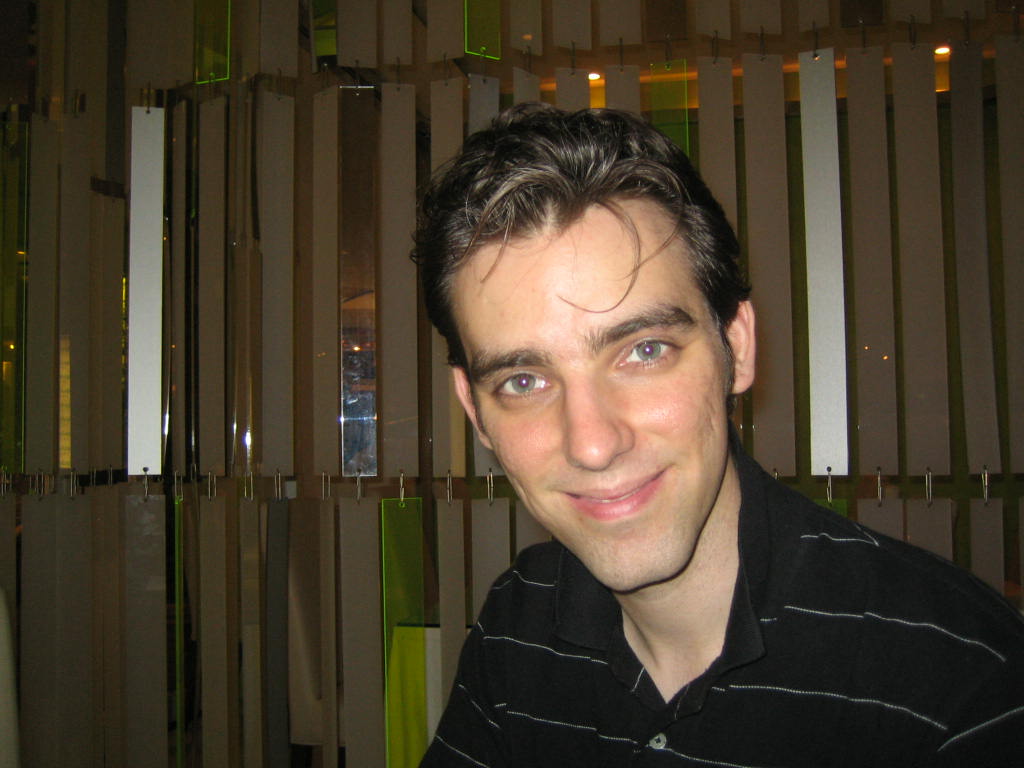Posted 05 March 2004 - 07:47 AM
"A non-biased history book" ? Who are you trying to fool, Dflower ? Don't you know that history is written by the winners ? That's a pretty big bias if you ask me. Having studied in different countries and with people from many foreign countries I can tell you no two nations teach the same history to their masses. It's pretty scary actually.
The only book on the top-10 list I'll agree with is The Prince. Machiavelli has simply put some essentials on human nature into words, and has done so efficiently, not in a 900-page pompous tome that you could use as a melee weapon in a riot.
The 9 other books, in my very humble, yet determined opinion, are must-read only in that sense that they are examples of mistakes of humanity. The Prince shows clearly why republic (res publica - that which belongs to the people) isn't ideal to maintain long-term order, and two world wars can go a long way to prove this.
The Bible - and you could also add pretty much every religious "Scripture" I've ever read - is an obvious bunch of contradicting stories that try to make every moral point so fuzzy that any smart clergyman could turn interpret them to his advantage. Consider the immense wealth of the Vatican and the fact it's up to the common people to act charitable.
If you can't, just go over the Genesis again. Mathuselah having sex and children with his own daugthers... the generous God spending 99% of his time punishing mankind... Anyone who could believe that kind of messy tale is the record of our Creator's will can be considered Scientology fodder. At least scientology is actual science - brain washing - that simply won't say its name for PR reasons.
Litterature, philosophy, transhumanism... you are being restrictive too, Dflower. Life in the society of Man is too complex that you could ever make a list of ten essential books. I don't see any book on that list that preaches common-sense, or basic math, or the simple laws of physics we experience every day, like gravity and temperature.
Having read most of the greek / roman mythology, I can further say that it is no use in real life unless you work in litterature. At least I never depended on my mythological knowledge even once in 27 years. OK, maybe I did during one or two high-school exams, but you couldn't say Zeus saved my life, or even my grades. It's good entertainment, that's certain, but you can find plenty of that besides Homer and Ovid. Especially if you consider pretty much 100% of litterature since Antiquity is a rehash of old mythologies. What we call today "stereotypes", and which have found their way even into science-fiction.
From my own experience, I can safely say that the most important lesson I was ever taught in class was when I was 6 and our teacher explained us causality.
This qualifies as a defining moment in my existance. I still remember this lesson, and I apply it, experience it and verify it every day of my life. This kind of universal knowledge that, though very simple, can save your life over and over without requiring complex training or thinking... this kind of knowledge is the only thing that should feature in a top-10 of things to know.
Ultimately, this top-10 list is nothing else but a collection of points of views by other people. I see no book in there that advocates using your freedom of thought. Propaganda and politics is all I see. It is sad to realise this is all the people who teach us can think about.
I guess they didn't take a minute to think about what they were being asked.
I'll add this isn't exactly a top-10 : The Bible and Koran are pretty much the same thing, and any edition of Homer's work you'll come across typically joins the Illiad and the Odissey in one single volume and the plot is shared, as well as the characters.
Hamlet... "to be or not to be, that is the question" : no it isn't. If you aren't, you can't ask it to yourself. If I had to put some Shakespere in this list it would be Henry V "We happy few, we band of brothers". Much more related to human nature if you ask me.
Regarding french litterature, you'll find Emile Zola to have been particularly great : his extensive saga - "Les Rougon-Macquards" - is a faithful picture of the society of his time and reveals great insight in the human nature.
In any case, I wouldn't put any books on politics in a top-10 of things to know past The Prince and The Art of War. Because it's all what politics boils down to eventually.
As for religion, I'd ban it totally. I'd confine it to history book as an ancient means of uniting men in a common goal, now replaced by more effective means but, sadly, not yet any trace of understanding.
Jean














































